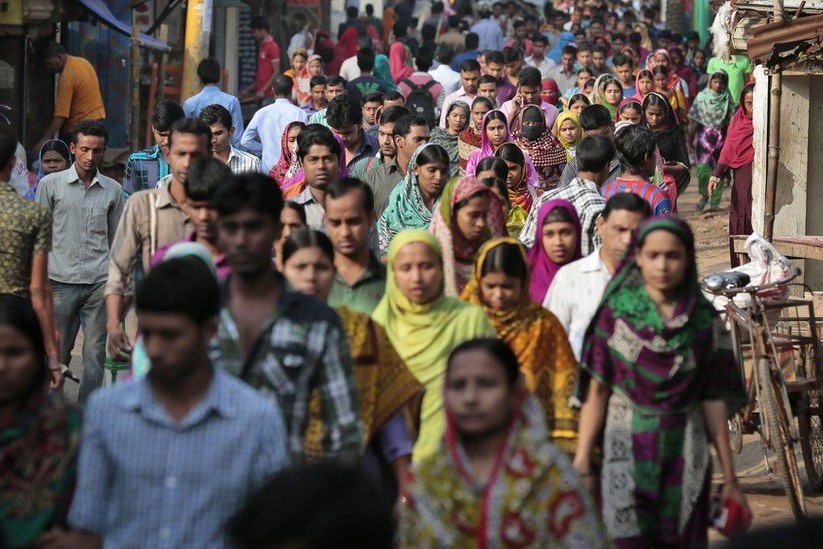AP photo
By
Sheuli Akter
The World Bank has approved $100 million financing to help Bangladesh diversify exports in labor and skill intensive industries beyond the garment sector and create more and better jobs.
The Export Competitiveness for Jobs Project will improve competitiveness of existing and potential export-oriented industries such as leather, footwear, plastics and light engineering, where Bangladesh has demonstrated a competitive edge. The project will help create more than 90,000 jobs in non Ready Made Garment (RMG) export sectors.
“Bangladesh is the world’s second largest garments exporter after China and it can boost growth by diversifying its exports and repeat the garment sector success story in other sectors,” said Qimiao Fan, World Bank Country Director for Bangladesh, Bhutan and Nepal. “The project will help the economy to integrate further into the world trading system, and provide better jobs to Bangladeshi youth entering the labor market in the next decade, with a particular focus in improving female labor participation.”
The project will help firms to access international markets and enhance their ability to comply with international standards through awareness building and matching grants. The project will also support marketing and branding efforts to strengthen linkages to existing and new markets. It will also address the shortage of skills development, especially in industrial training for women, as well as in infrastructure and technology.
“The project will enhance growth and competitiveness of selected sectors that have a demonstrated comparative advantage or that provide essential inputs in export-oriented manufacturing value chains,” said Michael Olavi Engman, World Bank Team Leader for the Export Competitiveness for Jobs Project. “The project will encourage training to improve skills and labor productivity, and thus help generate better-paid jobs. The average wage growth for firms benefitting from the project could rise by an estimated 34 percent by the end of the project.”
Although the RMG sector constitutes 82 percent of exports, employment growth in the sector has stalled. However, the non-RMG manufacturing sectors have been generating about 300,000 new jobs annually since 2010. Light manufacturing sub-sectors, which are labor intensive and employ women, have expanded employment by 4.3 percent annually since 2010. The project will build on this momentum and help increase the number of firms directly exporting in targeted sectors by about 29 percent.
The credit from the World Bank’s International Development Association, which provides grants or zero-interest loans, has a 38-year term, including a six-year grace period and a service charge of 0.75 percent.
The World Bank was among the first development partners to support Bangladesh following its independence. Since then it has committed nearly $26 billion in grants and interest-free credits to Bangladesh. In recent years, Bangladesh has been the largest recipient of the World Bank’s interest-free credits.
Sheuli Akter
Sheuli Akter, from Bangladesh, is a Special Correspondent and Editor of NsNewsWire, (Bangladesh’s First Press Newswire). Previously she had worked for Bangladesh’ top news agency, United News of Bangladesh (UNB) and top newspaper (now defunct) The Bangladesh Observer. She also gained an honourable mention in the first ever World Media Summit WMS Awards for ‘Exemplary News Professionals in Developing Countries’, receiving the award in Beijing in January 2015.



No Comments Yet!
You can be first to comment this post!